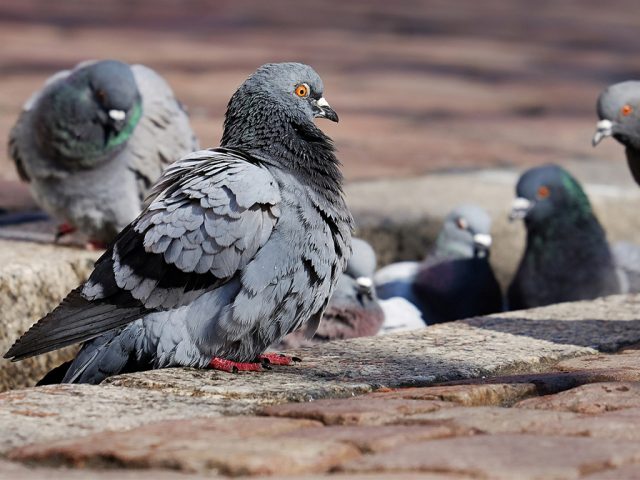Discover how Luton’s community adapts to road closures and infrastructure upgrades, turning short-term disruption into long-term sustainability and resilience. Learn more now!
A recent council meeting has sparked significant discussion among residents of Keysoe as Bedford Borough Council orders a local resident to reduce the number of pigeons kept on their property. According to the council, 250 pigeons is an "extraordinary number" for a domestic dwelling.
Details from the Council Meeting

Source: https://www.bedfordindependent.co.uk/250-pigeons-at-keysoe-home-is-just-too-many-says-council/
During the Bedford Borough Council's Planning Committee meeting on July 15, 2024, Alastair Wren, team leader for appeals and enforcement, presented several notable appeals from the previous quarter, April to June 2024. One of the most noteworthy was the longstanding Enforcement Notice appeal concerning the property at 4 Mill Hill, Keysoe.
Background of the Enforcement Notice
Alastair Wren detailed that an Enforcement Notice was initially served to the Keysoe resident in October 2021. The notice addressed the change of use of the land from a dwellinghouse to a mixed-use property that included the keeping of pigeons. The staggering number of pigeons being kept, 250, was deemed inappropriate for a modest domestic property flanked by neighboring dwellings.
Inspector's Findings and Council's Decision
Upon review, the Inspector found that the scale of pigeon-keeping far exceeded what could be considered incidental to the enjoyment of a dwellinghouse. The excessive number of pigeons was cited as going beyond normal hobbyist activities regarding such animals.
Consequently, the Inspector upheld the Enforcement Notice, ruling in favor of the council's original stance. While activities incidental to enjoying a dwellinghouse, such as maintaining a smaller number of pigeons for a hobby, are lawful, the current number must be significantly reduced.
Next Steps and Future Implications
The Inspector refrained from specifying an exact number, leaving it to the council to determine what would be a reasonable number based on the property's specific circumstances. This decision imbues the council with discretionary power to set a limit they find suitable for the context of the site.
This ruling could have broader implications for similar cases within the borough. Residents engaging in animal-keeping at similar scales might need to reconsider their practices in light of this enforcement action and subsequent ruling.
By John Guinn
Local Democracy Reporter